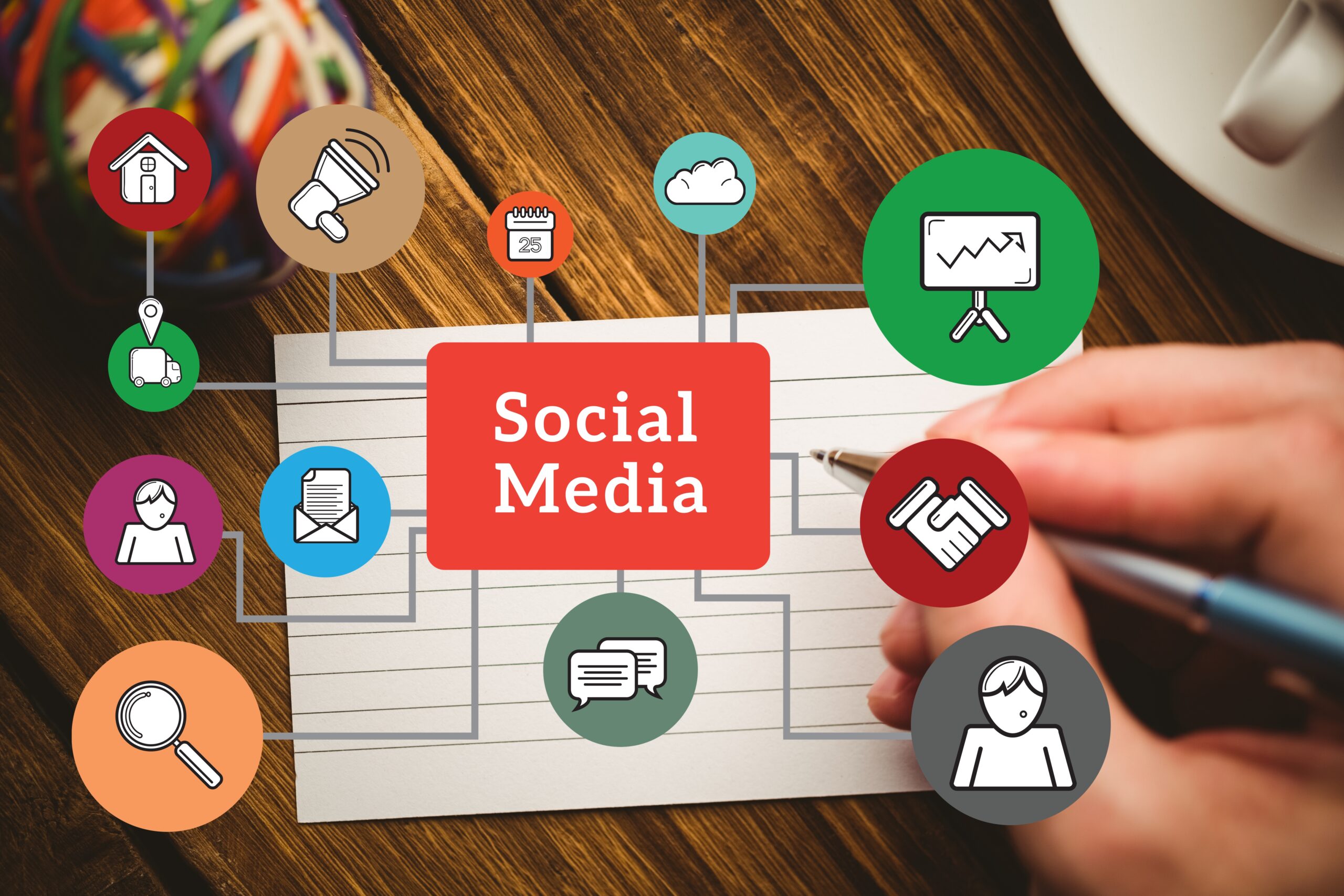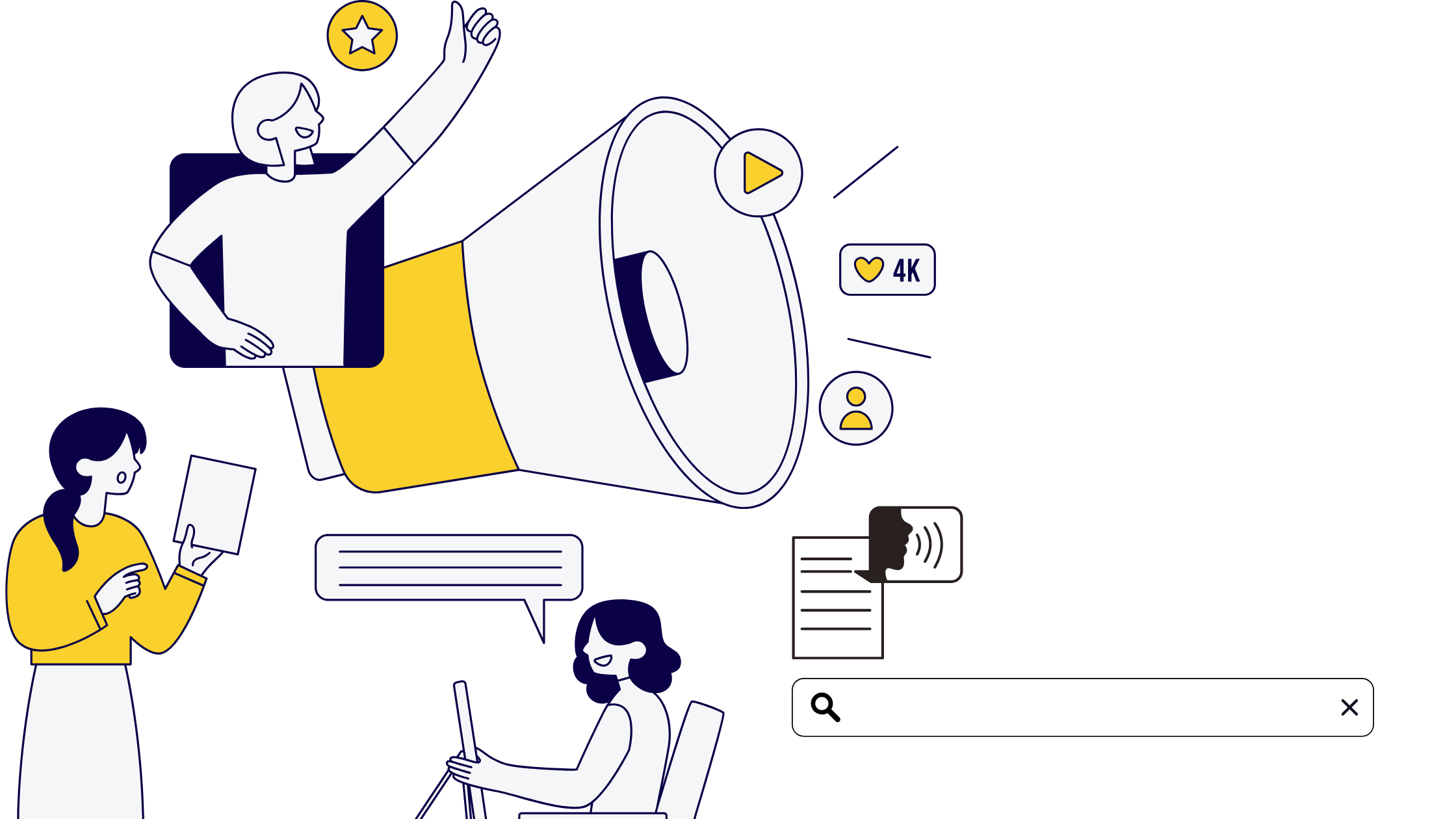A good online presence is essential for any organization to succeed in the modern digital era. Social Media Platform for Business Goals are crucial for helping businesses engage with their target market, but with so many choices, it’s critical to pick the one that best suits your unique company objectives. To assist you in making an informed choice, we will examine Social Media Platform for Business Goals and features of the three main social media networks—Facebook, LinkedIn, and Twitter—in this blog post.
Twitter: The Pulse of Real-Time Conversations
Strengths
Real-time Engagement: Twitter is known for its fast-paced and real-time nature. It’s an excellent platform for businesses that want to engage with their audience in the moment and stay updated on industry trends.
Brand Visibility: Hashtags and retweets make it easy for your content to reach a broader audience, increasing brand visibility.
Direct Communication: The platform encourages direct communication with customers, making it ideal for businesses with a focus on customer service.
Best Fit For
News and Updates: If your business revolves around providing timely updates, news, or participating in trending conversations, Twitter is your go-to platform.
B2C Engagement: For businesses targeting consumers and aiming to build a dynamic online presence, Twitter can be highly effective.
Facebook: The All-in-One Social Hub
Strengths
Broad Audience: Facebook’s billion-plus users provide a broad audience, which makes it a good choice for companies looking to reach a broad range of consumers.
Visual Content: Because of the platform’s strong visual component, businesses who depend on photos and videos to highlight their goods and services will find it ideal.
Ad Campaigns: Facebook is an effective tool for reaching particular audiences because of its advertising features, which enable highly focused campaigns.
Best Fit For
E-commerce: Businesses selling products, especially those with visually appealing offerings, can benefit from Facebook’s emphasis on visual content.
Local Businesses: If your business caters to a local audience, Facebook’s location-based features can help you connect with potential customers in your area.
LinkedIn: The Professional Network
Strengths
B2B Networking: LinkedIn is the professional hub for businesses. It’s the ideal platform for B2B networking, lead generation, and establishing partnerships.
Thought Leadership: LinkedIn allows you to showcase your industry expertise through long-form content and professional discussions, positioning your brand as a thought leader.
Recruitment Opportunities: The platform is not just for businesses selling products; it’s also a powerful tool for recruiting top talent.
Best Fit For
B2B Services: If your business caters to other businesses, LinkedIn provides a platform for professional networking and building industry credibility.
Content Marketing: If your strategy involves sharing in-depth industry insights and thought leadership content, LinkedIn is the place to be.
Conclusion
Finally, in order to enhance your online presence and establish a connection with your target audience, it is imperative that you comprehend the basic distinctions between hashtags and keywords. While hashtags are essential to social media engagement and content discovery, keywords are the foundation of search engine optimization and content structuring. In the digital realm, you may optimize your influence and outreach by skillfully utilizing both.







